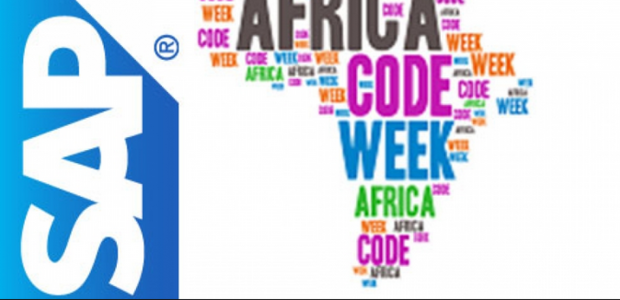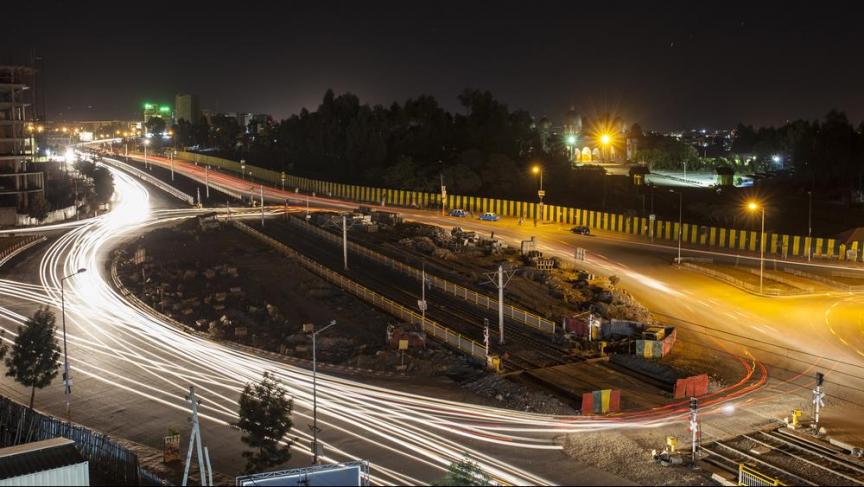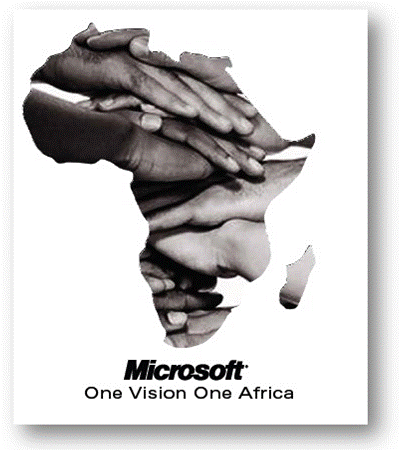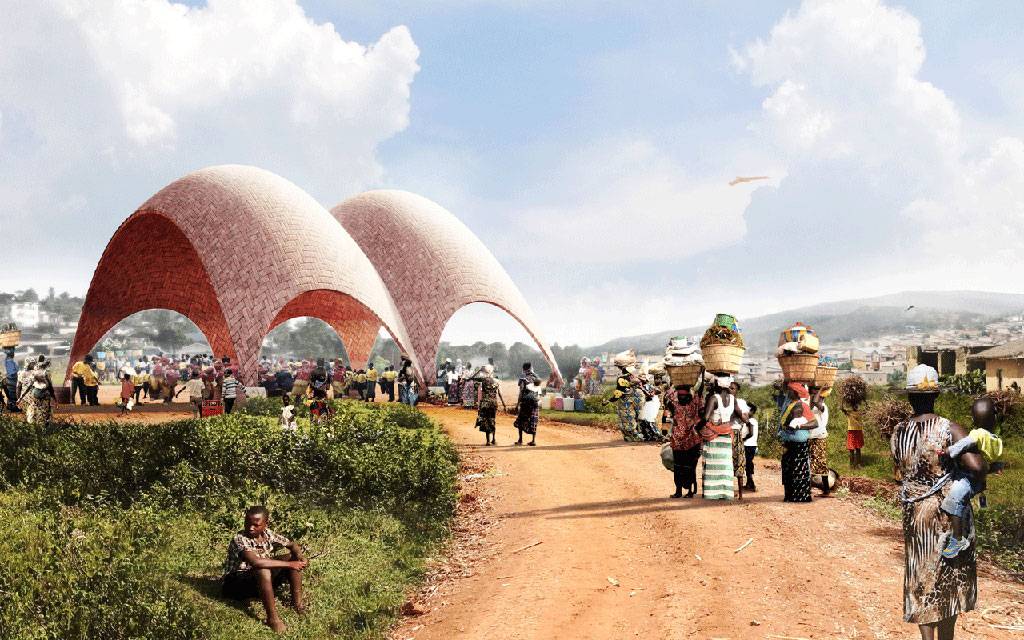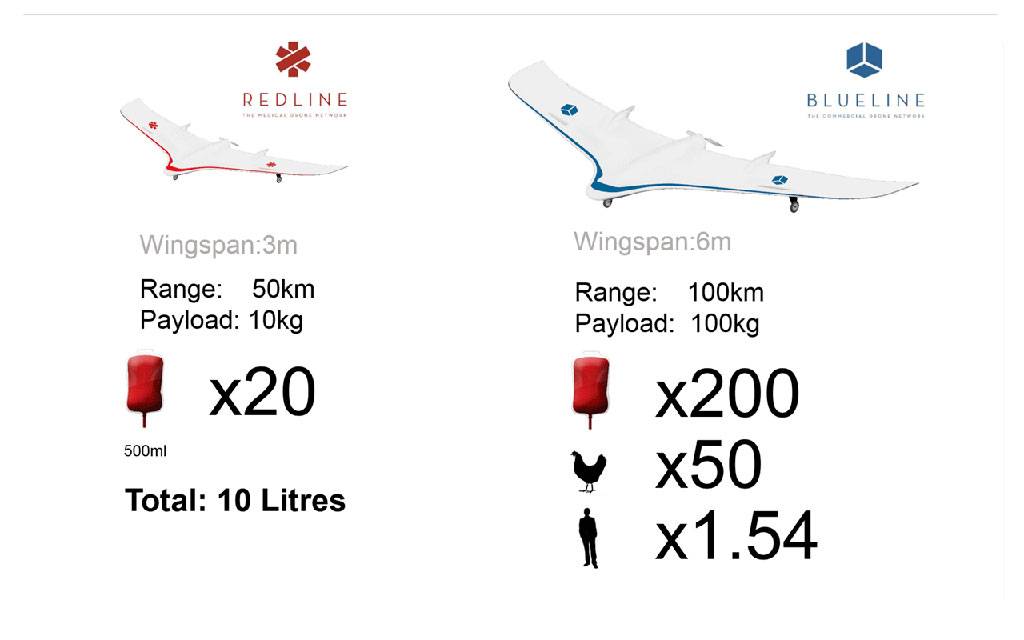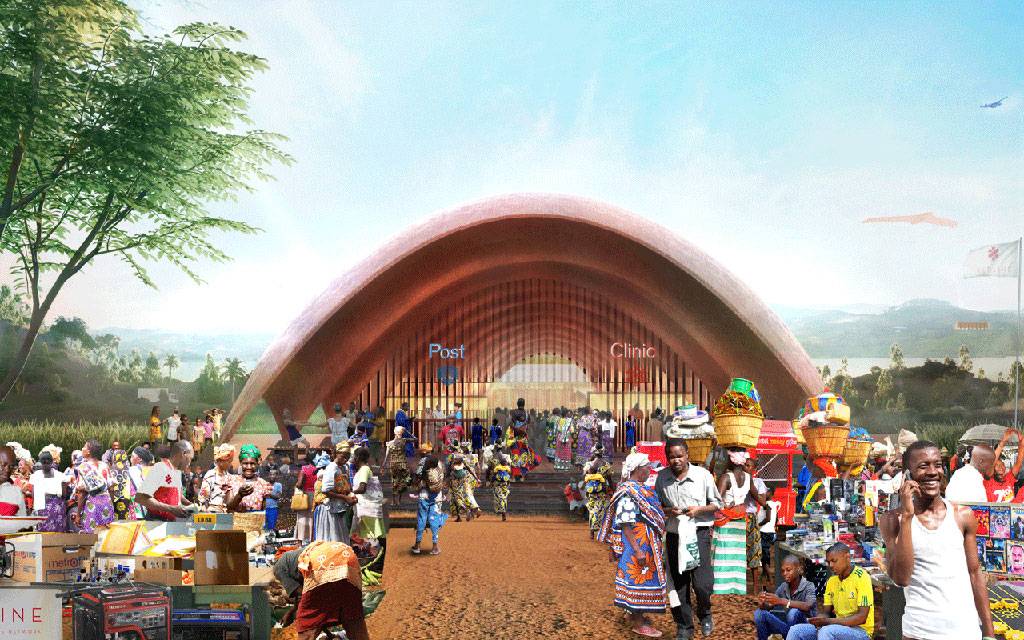The global property consultancy released its UAE Industrial and Logistics Research Report for Q3 2015, and noted Dubai’s ability to increase trade with Africa and be a point of entry to the continent’s $3 trillion economy.
The report, like so many others, states that Africa’s economies will grow, on average, 4.5 percent in 2015 and 5 percent in 2016 and will have excellent growth prospects over the next ten years.
Knight Frank therefore asserts that the rising incomes of African consumers are encouraging companies across the UAE to look west, particularly from the manufacturing/assembly units and warehouses of Jebel Ali Free Zone (JAFZA) and Dubai South (formerly DWC).
With much of the continent lacking adequate infrastructure and integration in terms of cross-border trade, it is unsurprising that Dubai stands out as a prospective hub. Moving and storing goods in inefficient warehouses, across poor roads and closed borders are cited in the report as Africa’s problem areas, making it more cost-effective for fast-moving consumer goods (FMCG) businesses to operate from cities such as Dubai than in Africa itself.
There has been rapid expansion of airlines Emirates, flydubai and Etihad over the last year into African destinations, against a backdrop of cargo and passenger traffic at Dubai’s airport growing at their fastest pace in May this year since 2013.
Much of the goods for infrastructure developments will have to pass through neighbouring centres, such as the UAE’s shipping and aviation hubs, before reaching Iran. As it does not have the access to superior infrastructure that the UAE has developed, Chinese and European goods are expected to go via Dubai.
The report also says Dubai will increase its appeal with the further integration of the Dubai South and JAFZA free zones, which will enable seamless movement of goods and services along the bonded transport and logistics corridor from Jebel Ali Free port to Dubai South Airport.
Learn more: Like AFRICA BUSINESS REVIEW on Facebook at: https://www.facebook.com/AfricaBusinessReview
Follow Erika Amoako-Agyei: Erika Amoako-Agyei is an experienced intercultural trainer & business consultant with business expertise covering the sub-region of Africa. She trains and offers consulting services to global companies and non-profit organizations expanding into Africa. As a visiting professor, she also teaches intercultural communications graduate and undergraduate students.
Twitter: http://twitter.com/Erika_Amoako
LinkedIn: contact Erika on LinkedIn
Like us on Facebook: Africa Business Review Face Page
Facebook: http://www.facebook.com/AfricaBusinessReview
Follow Erika on Facebook: https://www.facebook.com/erikaamoakoagyei
Website: www. AfricaBusinessReview.net
Website: www.AfricaIntercultural.com


